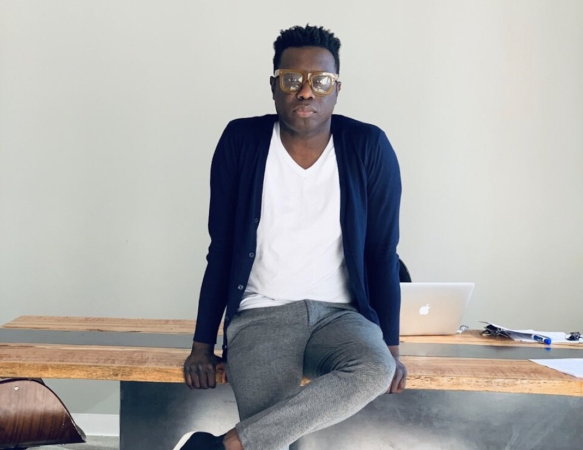When Eric Coly founded AYANA Therapy, he knew that there would, initially, be some resistance to the concept. As a Black man originally from the country of Senegal, Africa, he understood that there would be cultural resistance from the Black men both from his country of origin and his adopted country.
“There are a number of reasons why, of course,” Coly told AfroTech. “But no matter where in the diaspora you’re from, the resistance to therapy can be summed up in one word: culture.”
Coly said he was inspired to start the company after having a chat with a longtime friend, who told him of the struggles he was having with his mental health. The friend, according to Coly, recognized that he was in need of mental health services, but he struggled with finding a therapist that was sensitive to his cultural needs.
And thus, AYANA Therapy was born. Billing itself as an online platform that offers access to mental health services to minorities and marginalized communities with an emphasis on intersectionality, its process involves matching such communities with counselors based on race, gender, religion, and orientation.
For Coly, it was important for the therapists at AYANA to not only be aware of these cultural qualifiers, but to understand that the African diaspora is not a monolith.
“Let’s take, for example, Black America,” he said. “They’re burdened by the hardships brought about by the Trans-Atlantic slave trade. What’s more, many Black Christians report that the church plays a central role in their lives, because it offers a sense of hope. These are cultural markers that are unfamiliar to Blacks of Caribbean descent, and even more foreign, perhaps, to Africans. And even in the case of Africans who migrate to the United States, their culture is not a monolith — Nigerians are not the same as Senegalese, who are not the same as Ghanaians, and so on. And, certainly, we cannot possibly cover everything for everyone…but we can come close.”
Due to this cultural sensitivity, AYANA boasts a very high success rate, though Coly didn’t specify what the numbers truly looked like. And now, in the wake of the COVID-19 crisis and the murder of George Floyd, the company is now expanding its efforts to include online services.
In order to subscribe, users will just need to sign up on Ayana’s website and be matched with a therapist of their choice within 24 hours.
For Coly, offering these online services gives him the ability to help more people from all over.
“Therapy is one of those things that are nuanced,” he said. “And if my company can provide a safe space for Black men to explore that option, for whatever that means to them, then I am pleased and proud to do it.”
Editorial Note: Portions of this interview have been edited and condensed for clarity.


